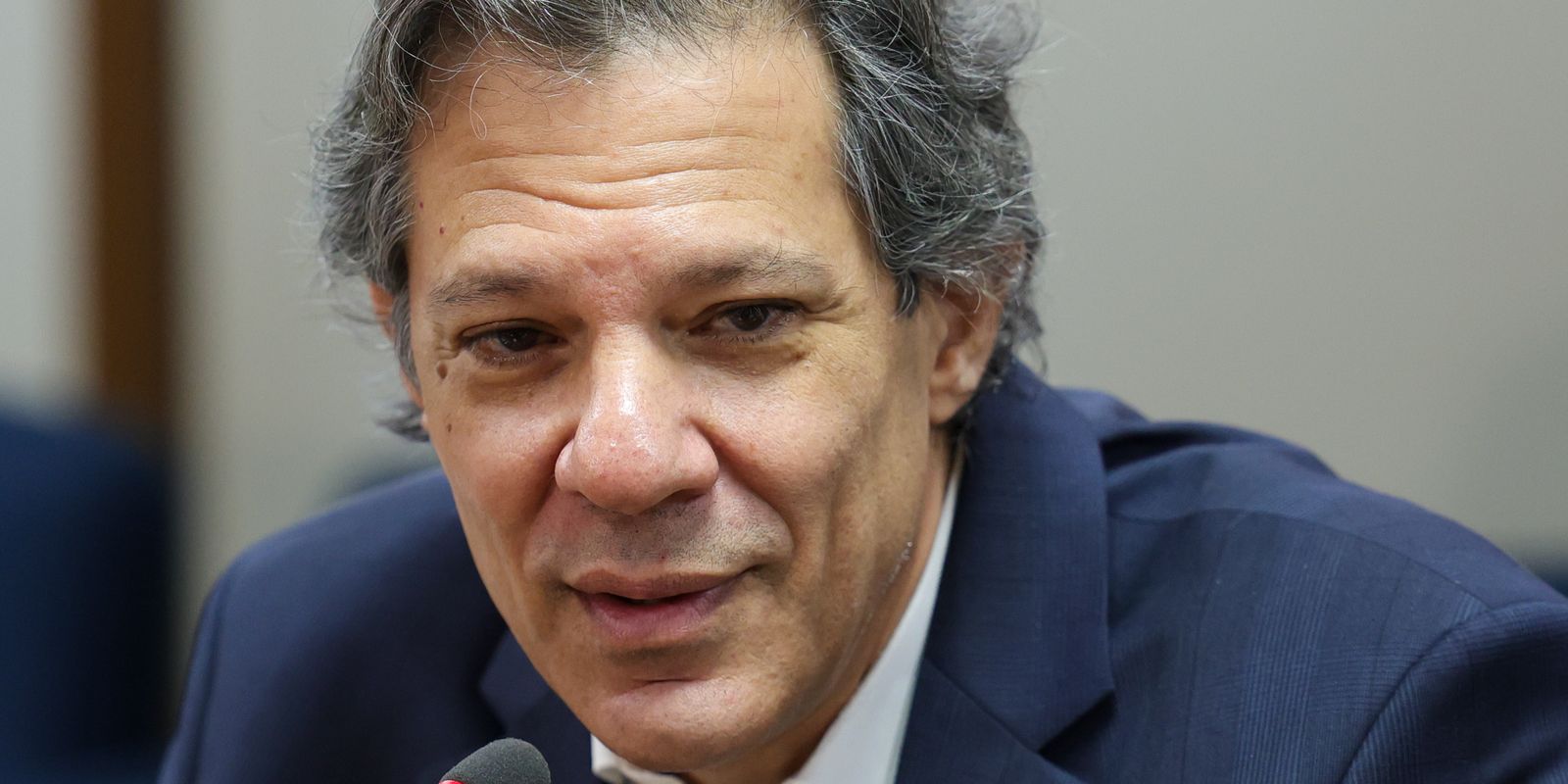The main point that caused instability in the financial market in recent weeks, the Income Tax reform has not yet been sent to Congress because of the need to redo the calculations of the Corporate Income Tax (IRPJ), he said this Friday (20 ) the Minister of Finance, Fernando Haddad. According to the minister, the Federal Revenue Service is redoing the model to correct what he called “inconsistencies”.
“There is a device [no modelo] which makes this calibration in relation to IRPJ. When we ran the model, we noticed an inconsistency, so the Revenue is redoing the model to correct it”, said the minister at a breakfast with journalists.
Haddad did not give a deadline for sending the Income Tax reform proposals to Congress. I just said that the legislative year has already ended and that the original plan was not to vote on the new phase of tax reform this year.
“We had no intention of voting on income reform in a week. The idea is to use 2025 to open the debate on IR, which will also cover other topics. Not an exemption [para quem ganha até R$ 5 mil]. A series of other things need to be considered”, explained Haddad.
Once again, the minister highlighted that the Income Tax reform proposal foresees a neutral impact, without changes in the total tax collection. What the government intends to do, explained the minister, is to correct distortions, while maintaining the collection of the sum of IRPJ and Personal Income Tax (IRPF).
According to the minister, President Luiz Inácio Lula da Silva met with the presidents of the Chamber of Deputies, Arthur Lira, and the Senate, Rodrigo Pacheco, to sign an agreement that the income reform will only be carried out under conditions of neutrality ( without loss of revenue). Haddad highlighted that the government also reached an agreement with party leaders so that the income reform does not result in a loss of revenue.
“If the government signed an agreement with party leaders, that agreement is valid”, countered the minister, when responding about the risk of dehydration in Congress that would reduce revenue. “The agreements with us have not been breached. Neither from us nor from Congress. Even when there is a divorce between prospects, as occurred with the payroll tax exemption, they are announced in advance. No one is taken by surprise. The agreements are fulfilled, according to the correlation of forces established by the voters”, he added.
Slicing
Unlike the consumption tax reform, which required a proposed amendment to the Constitution (PEC), changes to the Income Tax can be made through ordinary bills, which only require a simple majority of parliamentarians. Haddad admitted the possibility of slicing up the proposals and submitting several simultaneous projects to Congress.
“Nothing prevents projects from going together. In the case of income, they are different approaches to the same topic. But it’s more complex. In the case of consumption, either a global reform was carried out or not. In the case of income, it is possible to correct distortions by sector”, replied the minister. In 2023, the government advanced one of the points of the Income Tax reform and managed to approve in Congress the taxation of exclusive funds and offshores (investment companies abroad).
In addition to neutrality, the minister informed, the Income Tax reform will be guided by tax justice, with the poor paying less taxes than the richest. According to Haddad, this was a request from President Lula himself. Under the argument of not creating noise, Haddad avoided providing details about the changes to the IR.
Next year
According to Haddad, Income Tax reform and the continuation of the public spending review will be the economic team’s priorities in 2025. The minister, however, said that microeconomic reforms to implement the Ecological Transformation Plan are on the list of actions.
The minister listed other important projects, such as pillars 1 and 2 of the Organization for Economic Cooperation and Development (OECD). A group that obliges member countries to follow political, economic and social models, the OECD’s first pillar is the transfer of taxation from multinationals to the countries where they produce. As a second pillar, minimum taxation on multinationals.
This week, the Congress approved a minimum tax of 15% about these companies The new model will be implemented in 2025.
Regarding consumption reform, regulated at the beginning of the week by CongressHaddad said that next year foresees the joint work of the Ministry of Finance with the states and the Federal District. The second complementary tax reform bill, not yet voted on by Congress, deals with the future Goods and Services Tax Management Committee (IBS), a body that will bring together representatives of local governments.
“We have had considerable legislative productivity in these two years. There are few moments in the history of Finance when so much has been produced, practically all Finance departments had an agenda, and they all moved forward”, concluded the minister.















